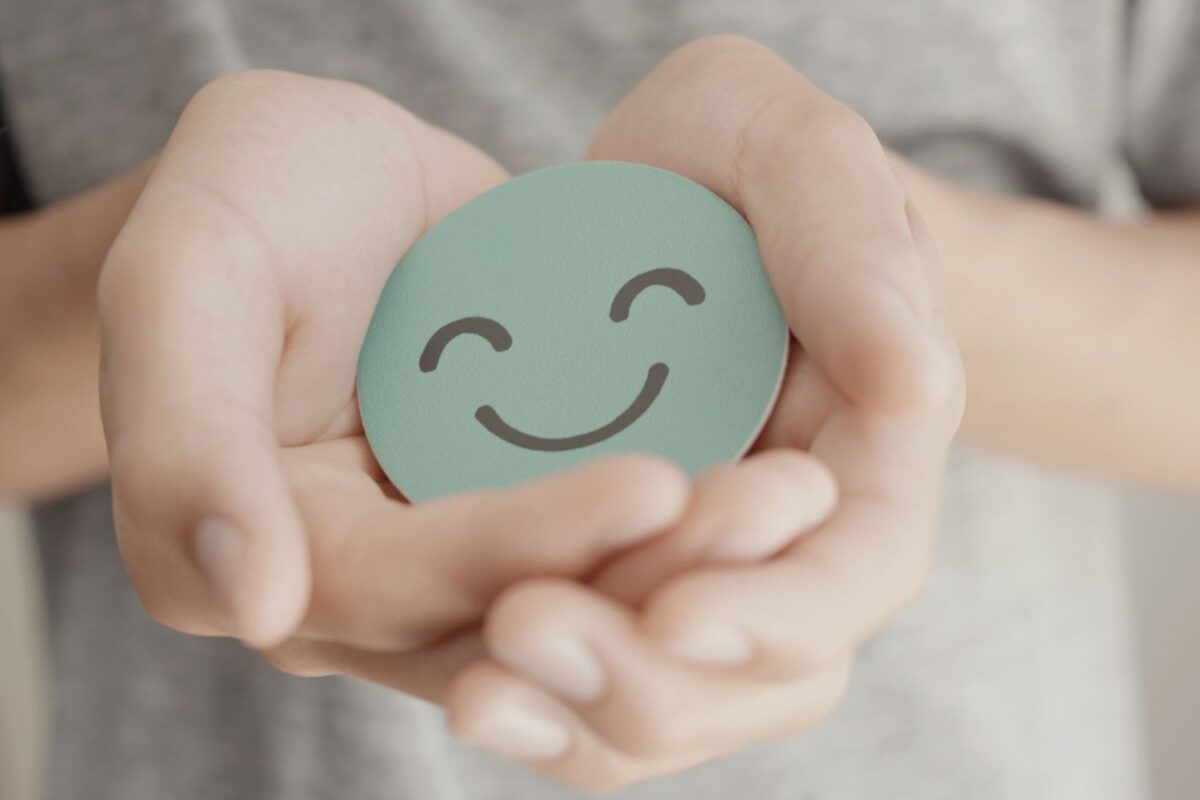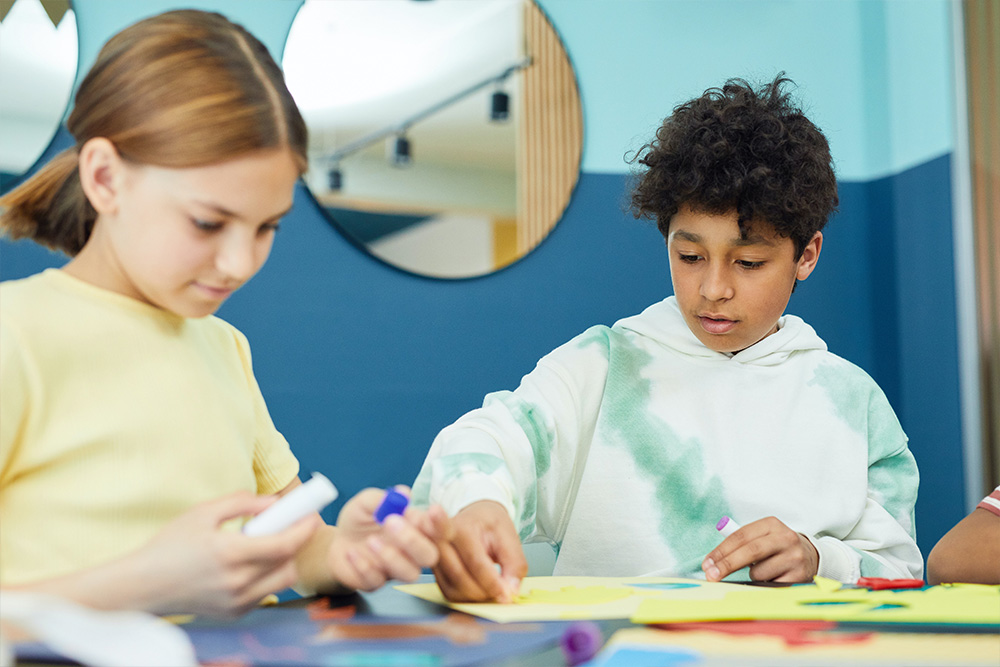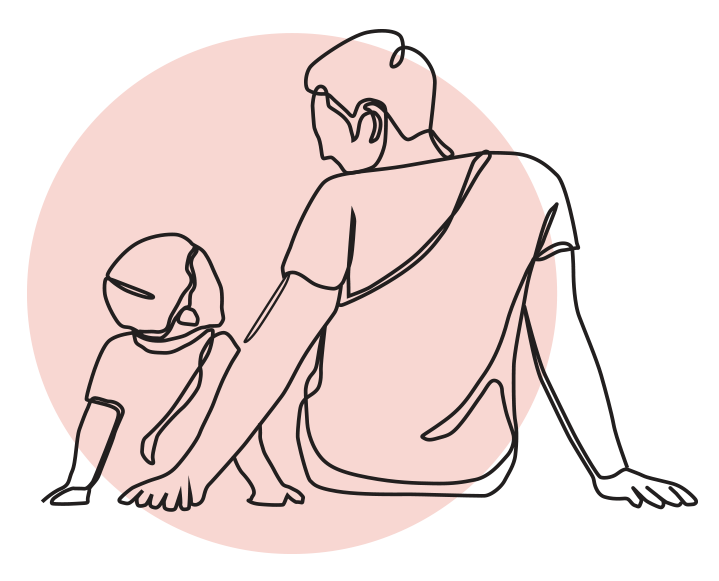January 27th is Parent Mental Health Day. A day to encourage individuals who are battling silently and alone, to find a voice. It’s a subject that should matter to us all, especially as without support, parental struggles inevitably have a detrimental impact on our children.
Parenting Today
Family life hasn’t necessarily changed throughout the generations but our lifestyles have. Our children still have the same needs. They need to feel loved and cared for to thrive, but living in such a fast-paced changing environment, it’s easy for parents to feel overwhelmed by expectations from the wider society as well as their inner circle.
There are so many opportunities available today which can add complexity to our lives and sometimes lead to unrealistic expectations. There are a myriad of choices to be made from the minute we get up and an unmanageable ‘to-do list’ including all the things we feel we should be doing for our children.
We’re much more aware of the outside world through the lens of social media, endless TV channels, 24-hour news, and technology as a whole. Issues closer to home impact us more directly such as divorce, cost of living, and unemployment. Expectations are higher than ever and it’s incredibly hard to provide a protective bubble to shield our children from external pressures.
Due to such access to online resources in particular, we’re also faced with information overload. Parenting philosophies, health guidelines, educational options, or just other parents who think they’re way is the ‘best’ way. It’s no longer just about raising a child to be healthy and literate. It’s the conflicting opinions from multiple sources that start as soon as the line appears on the pregnancy test. When we’re feeling good about ourselves and the world, these opportunities can be amazing but on the flip side all these opinions can feed our own anxieties and leave us feeling confused.

Why is Parent Mental Health so Important?
For a parent, life as the protector can be a stressful place and for many of us the additional pressures can impact our self-esteem and increase feelings of loneliness or anxiety. This can be true for those with no previous mental health struggles but is more common for those with a previous history of mental illness such as depression or anxiety, which may relate to their own early life story. If we don’t consider our own rising stress levels, it’s likely to have a knock on effect on our children who feel stressed by our stress and then act in ways that make life as a parent even harder.
The Impact on Children
There is a strong link between parents’ mental health and that of their children. Inevitably a parent struggling with their own mental health may find providing the necessary care for their child(ren) much harder to manage. In these situations help and support, whether professional or from family or friends is important. That’s what Parent Mental Health Day is alll about. Launched in 2022 by Stem4 – a charity devoted to supporting teenage mental health – it raises awareness of the topic and a space to discuss parenting struggles and share achievements with family and friends.
Parental mental health issues can impact the attachment between children and parents which creates a blueprint for their child’s attachment system in later life. A strong attachment to the primary care-giver is essential to the healthy development of infants and that this can be greatly affected by post-natal depression. We perhaps pay less attention to this in later childhood when in reality the effects can be lifelong.

A parent who is struggling with their mental health may be on medication that could affect their energy levels and ability to play and perform practical parenting tasks. Anxiety could make parents act out their worries through frustration at the child or just be inhibited about making mess or engaging in rough and tumble play that can be such a positive part of parent/child bonding. Older children (though often not old enough) may need to step in as emotional or practical carers for their parents when they aren’t able to manage themselves.
Of course, having mental health issues as a parent doesn’t necessarily mean a negative outcome. Many parents who have struggled with their own mental health are acutely sensitive to others and are amazing parents as a result. The important thing is for us all to seek help when we are struggling – there is no shame in wanting the best for you and your family. It is not a sign of weakness to ask for help. In fact, we are caring for our children best by taking our own mental health seriously.
How to Support your Mental Health as a Parent:
‘Google-izing’ is a phrase that refers to our attempts to self-diagnosis through the search engine giant. There is a lot of advice out there, but not all is trustworthy. It’s hard to know what is genuine advice unless the source is from a professional body. If you are concerned for yourself or a loved one, always seek professional advice from a recommended source. There will be different levels of severity and self-diagnosis has obvious limitations. In reality, googling mental health issues without talking to a professional may cause you more anxiety.
What we can do for ourselves is take practical steps to emotionally re-fuel in order to increase mood stabilising chemicals such as dopamine and serotonin and reduce stress chemicals such as cortisol. Emotional re-fuelling is different for everyone and can be as simple as having a hot bath without any children around, going for a walk amongst the trees or interacting with attuned adults who listen to our needs.
The NHS provides some invaluable advice on top tips to improve your mental wellbeing.
It is easy to get into a cycle of goal setting but being unable to meet our goals, leads to a sense of helplessness and decreased motivation. If this is the case then setting SMART goals for your mental health could help.
SMART Goals
SMART stands for Specific, Measurable, Achievable, Relevant, and Time Bound.
Specific: Clear and concise, you should be able to answer the who, what, where, and how.
Measurable: Identifying where you are now towards this goal and how you know when you’ve reached it.
Achievable: Make sure it is realistic in the time that you have.
Relevant: Think about what difference achieving this goal will make.
Time-bound: Have a deadline to assess your progress.
Here’s an example of improving your emotional regulation
“I will practice meditation three mornings a week for the next month to reduce my anxiety and the number of times that I become dysregulated in response to my children so that this happens no more than twice a week.”
Tips to help you stick to your goals
- Share them with close friends, family and/or make them public.
- Enlist the help of others – for example, could someone look after your children while you meditate?
- Stick to one goal at a time.
- Reflect once you reach your deadline on what went well, what was challenging, and what could have helped.
We can’t stress enough that it’s vital to seek professional help – local authorities and schools often run support courses for parents if parenting itself is causing stress. These will support you in understanding positive parenting, boundaries, and approaches to differing concerns.
If you are feeling overwhelmed by conflicting advice on how to support your children, our online parent coaching consultations also provide advice & support when you need it. Our therapists are here to help. Get in touch to learn more.




